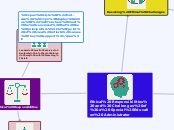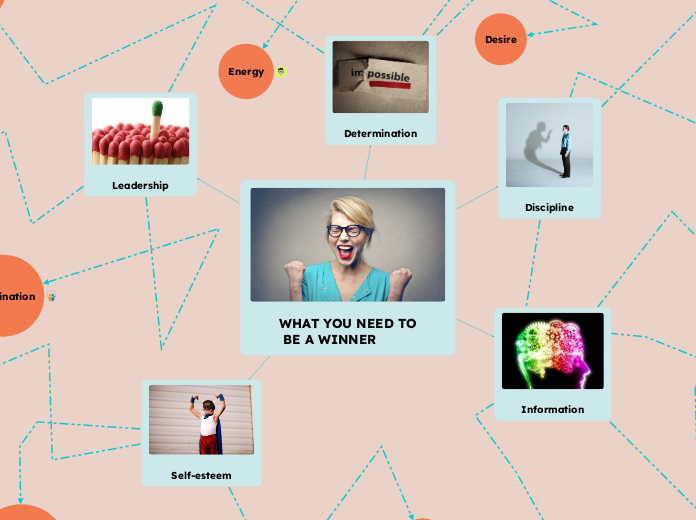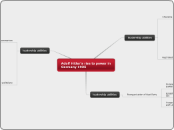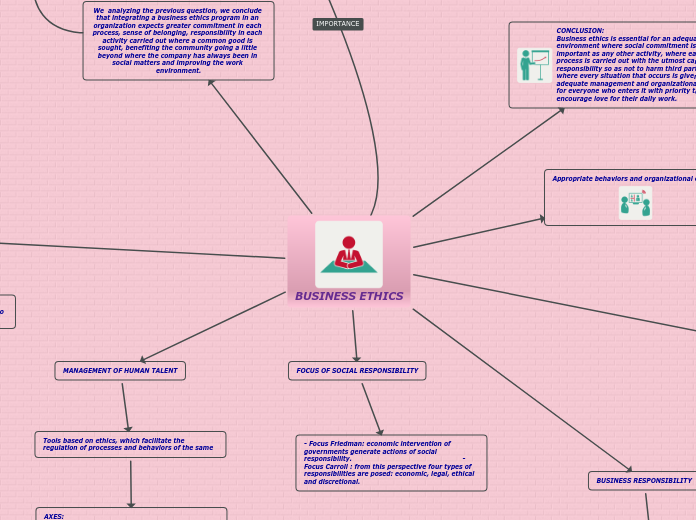por Danielle Palardy hace 6 años
209
Ethical Responsibilities and Challenges of a Special Education Administrator
Special Education Administrators face unique ethical responsibilities and challenges that require them to navigate complex dilemmas with a moral compass. They must consider the consequences of their decisions and how these impact various stakeholders, including students, staff, and the community.









